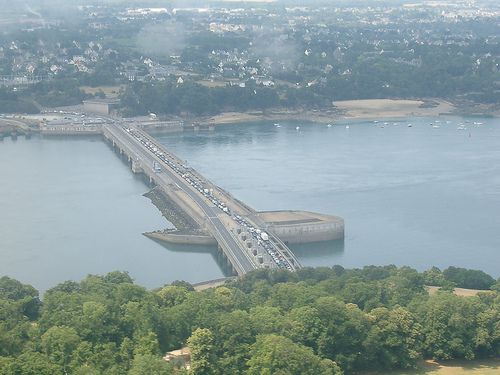-
 Salix viminalis
Salix viminalis
-
 Rate monitoring
Rate monitoring
-
 Gram negative bacterium
Gram negative bacterium
-
 Pulmonary disease
Pulmonary disease
-
 TPA
TPA
-
 Mitochondrial DNA
Mitochondrial DNA
-
 Phytochrome
Phytochrome
-
 Spokes
Spokes
-
 Space-time diagram
Space-time diagram
-
 Thermosphere
Thermosphere
-
 Calcium carbonate
Calcium carbonate
-
 Wallastonite
Wallastonite
-
 Variable star
Variable star
-
 Sea ice - First year average
Sea ice - First year average
-
 Equatorial coordinate
Equatorial coordinate
-
 Bok globules
Bok globules
-
 Die
Die
-
 Basal membrane
Basal membrane
-
 Winter solstice
Winter solstice
-
 Smallpox virus
Smallpox virus
-
 Topographer
Topographer
-
 Polarisation
Polarisation
-
 Epilepsy
Epilepsy
-
 SMTP
SMTP
-
 Pesticide
Pesticide
-
 Echolalia
Echolalia
-
 Sarcopterygii
Sarcopterygii
-
 Error-correcting code
Error-correcting code
-
 Micral
Micral
-
 Anti-oncogene
Anti-oncogene
Marine energy
Marine energies are all the types of energy used in the ocean or along the coast. Different marine energies are generated by solar energy and gravity.
Types of marine energy include:
- tidal power energy, which uses the tides;
- the energy of the swell and waves (wave energy), which uses the vertical movement of the swell;
- ocean current energy (swell current, thermohaline current, etc.), which activates different types of turbines;
- off-shore wind energy, which uses the more powerful and regular ocean winds;
- ocean thermal energy (OTE), which uses the thermal gradient between surface water and deep water;
- osmotic energy, which uses the differences in salinity to produce a water flow;
- marine biomass, especially to produce biofuels from algae.
Marine energies are not, therefore, just hydraulic energy. These energies also include wind, hydrothermal, etc. elements. The use of one or another of these forms of renewable energy particularly depends on local characteristics: some places are more conducive to off-shore wind energy, others to marine current power, etc.
The large amount of ocean mass on the Earth and the diversity of methods for using these energies gives these forms of marine energy a very high energy potential.
 The Rance tidal power plant (France). © Le Chant du Hibou CC by-nc-sa 2.0
The Rance tidal power plant (France). © Le Chant du Hibou CC by-nc-sa 2.0
Latest
Fill out my online form.



